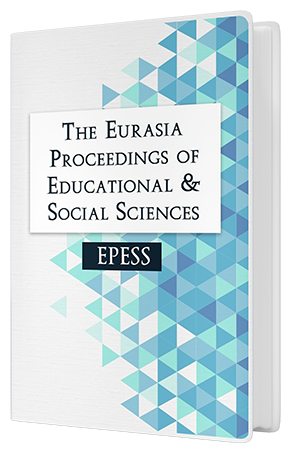Incidence, Consequences and Control of Students’ Unrest in Tertiary Institutions in Lagos State, Southwest Nigeria
Keywords:
Student unrest, Incidence, Consequences, Control, Tertiary institutionAbstract
The purpose of the study was to investigate the occurrence, consequences and control of students’ unrest in tertiary institutions in Lagos State, southwest Nigeria. The study was borne out of persistent students’ revolts and unrests in tertiary institutions in Lagos State in particular and Nigeria in general with its concomitant breakdown of law and order. The population was made up of all staff, students, heads of all tertiary institutions and student union executive members in selected tertiary institutions in Lagos State out of which 954 respondents were selected through a stratified random sampling technique. Four structured questionnaires, with a reliability coefficient (r) of 0.84 obtained through a test-retest method, were used to collect data for the study. Data collected were analysed using frequency counts, percentages, correlation analysis, t-test and Analysis of Variance (ANOVA).The findings revealed that students’ unrest occurred more frequently in State-owned tertiary institutions than those owned by the Federal Government. The study also revealed a significant difference in the consequences and control of students’ unrest in both Federal and State tertiary institutions. It was recommended that government especially at the State level should appropriate more funds to tertiary institutions and that management of institutions should make judicious use of funds allocated to them. It was also recommended that students should be carried along in the decision-making process of their institutions especially on matters affecting their well-being.Downloads
Published
Issue
Section
License
Copyright (c) 2018 The Eurasia Proceedings of Educational and Social Sciences

This work is licensed under a Creative Commons Attribution-NonCommercial-ShareAlike 4.0 International License.
The articles may be used for research, teaching, and private study purposes. Any substantial or systematic reproduction, redistribution, reselling, loan, sub-licensing, systematic supply, or distribution in any form to anyone is expressly forbidden. Authors alone are responsible for the contents of their articles. The journal owns the copyright of the articles. The publisher shall not be liable for any loss, actions, claims, proceedings, demand, or costs or damages whatsoever or howsoever caused arising directly or indirectly in connection with or arising out of the use of the research material. All authors are requested to disclose any actual or potential conflict of interest including any financial, personal or other relationships with other people or organizations regarding the submitted work.




